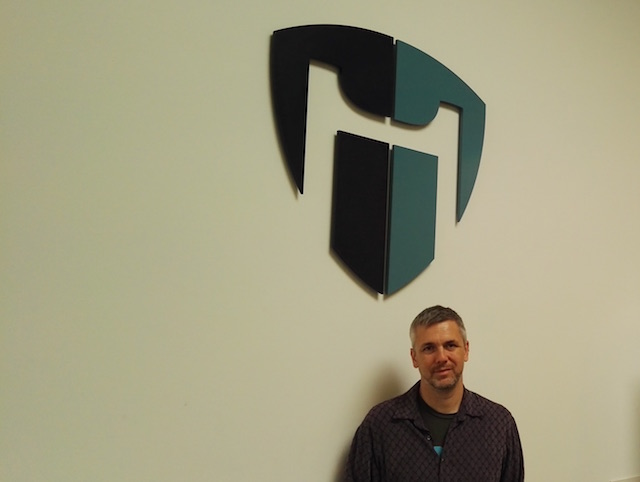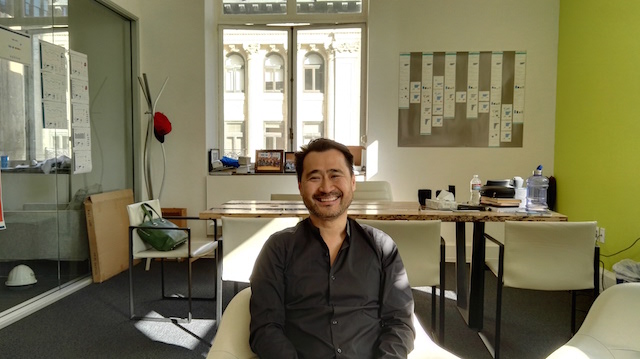Three years after the Jobs Act was signed into law by President Obama, the US Securities and Investment commission has proposed the rules for crowdfunding business capital.
Behind the Jobs Act was the idea that new ways of funding businesses are needed in an era when banks, thanks to the flawed Basel Accords, have stepped away from what could be argued is one of the key functions of a financial systems – funding the wheels of commerce.
So the new regulations are needed and the idea that funding can be raised quickly from crowds of supporters is one that ties well with the current ideas of crowdfunding products.
Crowdfunding a business, particularly where equity is involved, is a very different matter than asking supporters for a few hundred dollars to manufacture a smartwatch, produce a music album or write a book. Modern securities law is based upon three centuries of charlatans defrauding investors.
The SEC’s caution is clear in the guidelines that restrict crowdfunding to a small group of businesses seeking funding through Federally approved services and drastically limit the amounts that can be raised.
- A company can raise a total of $1 million through crowdfunding in a 12-month period
- In any 12-month period, individual cannot stake more than $100,000.
- Individuals earning less than $100,00o per year can invest either $2,000 or 5% of their annual income.
- People with greater than $100,0000 can stake 10 percent of the lesser of their annual income or net worth
For companies the eligibility for crowdfunding even tighter with the following prohibited;
- non-U.S. companies
- securities trading companies registered under the Exchange Act
- certain investment companies
- companies the SEC has disqualified
- companies that have failed to comply submit annual reporting requirements
- companies that have no specific business plan
- Companies that have indicated that their business plan is to engage in a merger or acquisition with an unidentified company or companies.
That latter provision presents a problem for the tech startup based upon the current Silicon Valley ‘greater fool’ business plan however luckily for them, crowdfunding equity won’t be countered for companies worth under $25 million for other securities reporting requirements.
What will be interesting is how savvy startup founders can use these rules – perhaps use this system to create a company structure and then use product specific crowdfunding projects to raise working capital.
Just like project based crowdfunding, it’s likely these schemes will be used as a market test to measure community interest in a business. This may well also be a way to attract investors hungry for hot new startups to invest it.
What is likely though is the current insider driven model of startup funding will remain. While there’ll be many worthy businesses seeking capital through crowdfunding, we can be sure the bulk of startup money will come through the insular world of VCs and tech investors.
The main criticism though of these proposals are the low limits. This will make crowdfunding unworkable for all but the earliest and smallest of new ventures. The money will be handy for those who qualify, but more needs to be done to spark investment in the businesses of the future.





